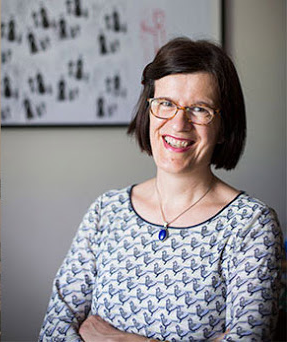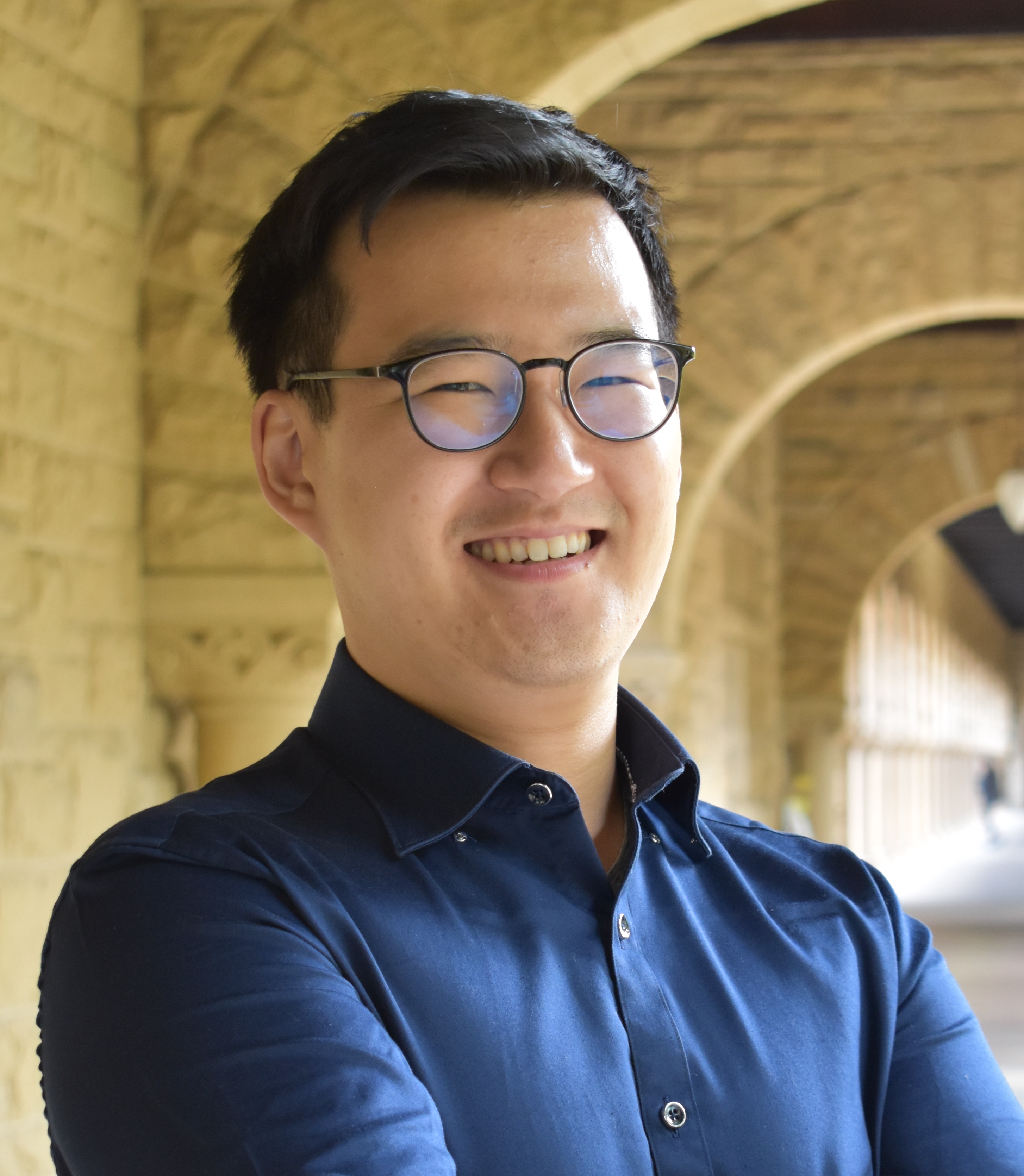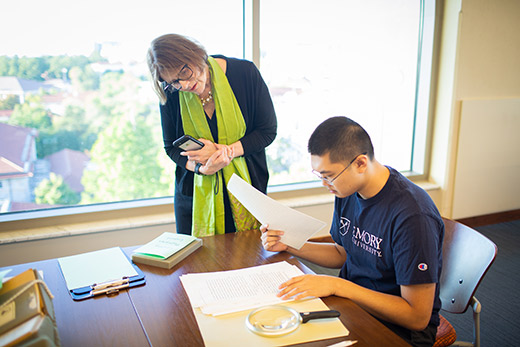Congratulations to Yanna Yannakakis and Dawn Peterson for winning Emory Women of Excellence Awards. Yannakakis is Associate Professor of History, Director of Graduate Studies, and 2018-2021 Winship Distinguished Research Professorship in History. She was recognized with the Berky Dolores Abreu Spirit Award. Peterson, Assistant Professor of History, won the Award for Excellence in Pedagogy. Read more about these distinguished honors below.
Berky Dolores Abreu Spirit Award
This award recognizes a woman in the greater Emory community whose presence has fostered the personal and academic growth of students, faculty, staff people, and/or departments. During her 13 years at Emory, Berky Abreu touched the lives of countless individuals. Highly involved in the Women’s, Gender, and Sexuality Studies and College Staff communities, Berky served as the Academic Department Administrator for Women’s, Gender, and Sexuality Studies. She also served on the President’s Commission on the Status of Women, the Center for Women at Emory Advisory Board, and the College Staff Consortium, including a term as Chair of the College Staff Consortium. Berky’s extensive contributions to the Emory community were recognized by awards including Emory University’s Award of Distinction and the Unsung Heroine award, and she was recognized as the Emory College Staff Consortium Employee of the Year. What was truly remarkable about Berky, however, was not only the extent and depth of her commitment and service to the Emory community, but the warmth she brought to the lives of everyone with whom she came into contact, her unparalleled joie de vivre, and her unique ability to lift up each and every person who came into her office. She made everyone she met feel special, and lit up every room she entered with her contagious humor and zest for life. Berky’s boundless kindness and concern for others and her ability to show us the goodness of people and life even in the most challenging of situations continue to be an inspiration for all of us.
Award for Excellence in Pedagogy
The Award for Excellence in Teaching and Pedagogy recognizes any teacher (lecturer, professor, graduate student, or teaching assistant) at Emory whose teaching methods, syllabi, and/or course design addresses women’s issues or matters of feminist importance with innovation and success. The award honors a teacher whose record demonstrates a willingness to bring gender issues into the classroom in creative and inspiring ways.




